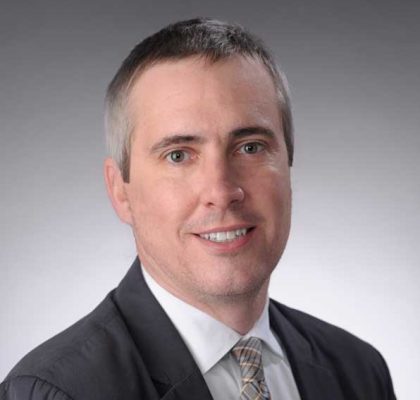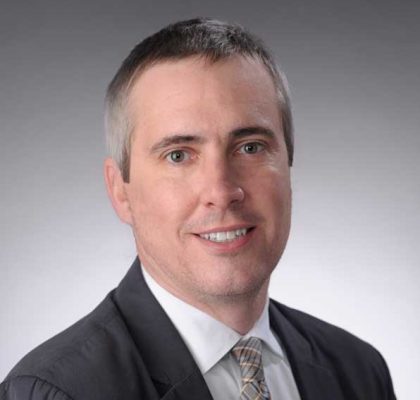We Can’t Do It Alone: Getting Teens Off Their Phones Requires Broad Intervention
School districts and the U.S. Surgeon General are taking action to curb the negative effects of social media on teens. This month, Los Angeles school district officials approved a ban on cell phone use and social media limitation during school hours. The U.S. Surgeon General also renewed calls for adding warning labels to social media platforms to address concerns about youth mental health.

Matthew Mulvaney is an associate professor in Human Development and Family Science at Syracuse University’s Falk College. Dr. Mulvaney’s research focus examines the determinants and outcomes of parenting processes. He specifically focuses on informal educational practices by parents, parental discipline, and parenting beliefs.
He provides comments below that can be quoted directly. He is also available for interview.
Mulvaney says:
“The considerations by the Los Angeles Unified School District are a positive step forward to improving the academic success and mental health of its students. It indicates that educational policymakers are beginning to respond to the emerging scientific consensus that the use of cellphones (particularly social media on cell phones) is producing negative attentional and educational outcomes for young people. When the surgeon general of the United States is recommending that warning labels be affixed to social media, it is critical that all youth-serving contexts take notice and that school districts, in particular, take into account this emerging challenge to young people’s mental health and schooling success in structuring their schools.
“What is so beneficial about school district approaches is the recognition that individual-level interventions to reduce cell phone use are so challenging. Reducing smartphone usage among individual youth when their friends still have them and use them regularly is near impossible. It really requires intervention at the broader level to produce an environment in which the overall use of social media is reduced and so schools represent perhaps the best context to address this challenge to youth well-being in a unique way.
“While schools can take the lead in reducing screentime, which will have broad-based benefits in terms of mental health, the benefits are even more specific to the classroom learning context. The link between attention and learning is so clear from the research and I would daresay research isn’t even really needed to demonstrate just how reduced attention to the present social context is when people are using their cell phones. As a teacher myself, I see on a day to day basis the challenges that students have in learning when distracted by phones and computers. Education requires being in the present and engaging with complex material and phones work directly against that. Getting them out of schools and classrooms will help our students to engage with the difficult task of learning complex material and being part of an educational community.
“One of the perhaps underappreciated implications of this approach is the potential to reduce ethnic and class disparities in educational outcomes. As noted by Pamela Paul in the New York Times (https://www.nytimes.com/2023/12/21/opinion/social-media-inequality.html), African American and Hispanic teens spend much more time on social media and so a wide spread ban may disproportionately serve to support those students who will benefit most from a focus on in-person schooling. Given the diverse student population that the LA Unified School District serves, this may be not only an important step forward in improving education outcomes broadly but in producing a more equitable schooling environment for all. Interestingly, in terms of equity, I think it may also be the students with hidden disabilities that might also benefit the most from the reduction in cell phone usage in school environments and so would go further and suggest that they only include very narrow exceptions to the policy and do so based on research-based work on cell phones and disabilities.
“As with any broad-based change that affects a wide number of students and families, there are likely to be challenges. Parent and student resistance will exist and potentially for very important reasons- that smartphones have become so integrated into our lives that it will require adjusting on some levels and that will be easier for some families. I also think it will be a lot like vaping where there is simply widespread disregard for school rules, which leads to a general pattern of disciplinary elevation (which is also bad for learning environments) and broad-based disregard for school rules.
“On the whole though, this intervention may potentially have long-lasting and substantial beneficial impacts on LA Unified School District students, and particularly among the students who are experiencing the greatest challenges withs schooling. Removing these substantial barriers to education may be a critical intervention that will improve the well-being of the students generally and of more vulnerable students broadly.”
To request interviews or get more information:
Daryl Lovell
Associate Director of Media Relations
Division of Communications
M 315.380.0206
dalovell@syr.edu | @DarylLovell
Syracuse University



